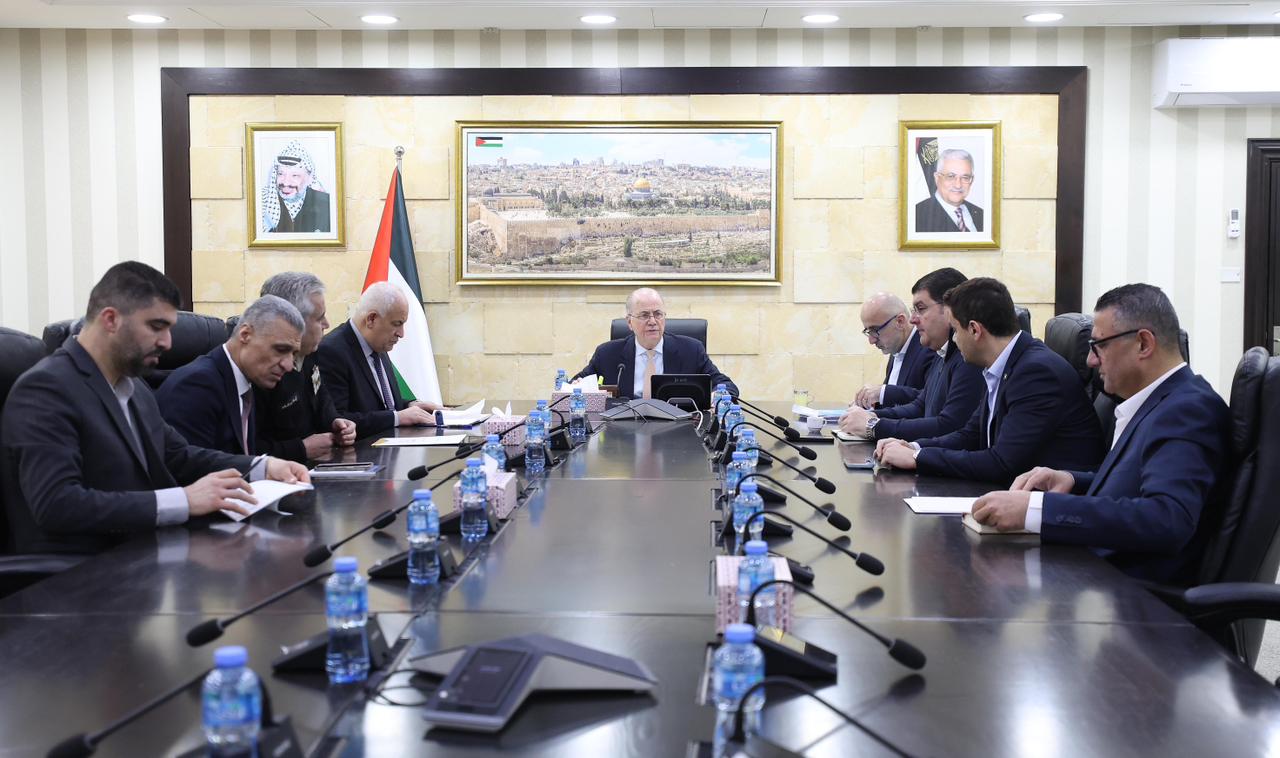RAMALLAH, March 19, 2025 (WAFA) – The Government of Palestine has introduced an austerity budget for the fiscal year 2025, reaffirming its commitment to financial and institutional reform, fiscal discipline, and institutional development despite a severe and escalating financial crisis driven primarily by Israel’s illegal deductions from Palestinian tax revenues, which monthly amount to nearly half of the total tax revenues it collects on behalf of Palestinians.
Designed to address the economic and fiscal fallout of the Israeli occupation’s ongoing aggression on the Gaza Strip and the West Bank, this ‘emergency budget’ prioritizes urgent public services while advancing critical institutional and financial reforms to bolster economic resilience, ensure the continuity of vital and essential public services, and enhance long-term economic sustainability.
Ensuring an inclusive and participatory approach to fiscal policymaking, and in a significant step towards promoting transparency and public participation, the proposed budget has been presented to and discussed with the civil society stakeholders and made publicly accessible online to encourage feedback from citizens and relevant parties ahead of its final approval. It seeks to balance the escalating demand for only essential immediate public services with the urgent need for significant financial reforms, ensuring economic stability in the face of unprecedented challenges.
More than just a fiscal instrument, this austerity budget is a critical mechanism to safeguard the livelihoods of millions of Palestinians. By prioritizing essential sectors such as healthcare, education, social protection, and security, the Government of Palestine aims to mitigate the adverse impacts of economic contraction on vulnerable populations, including refugees, low-income families, and those affected by the ongoing aggression.
Despite severe financial constraints and an intensifying financial siege imposed by the Israeli occupation, the Palestinian Government remains resolute in its reform agenda. In less than a year, it has successfully carried out 50 key reform measures, underscoring its unwavering commitment to enhancing governance, accountability, and public sector efficiency.
These reform efforts align with commitments to international donors and reinforce the principles of fiscal discipline and transparency. However, navigating this unprecedented economic crisis requires strengthened international support to sustain these efforts and uphold essential public services.
M.N













